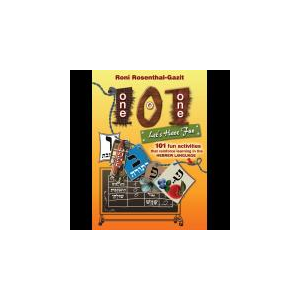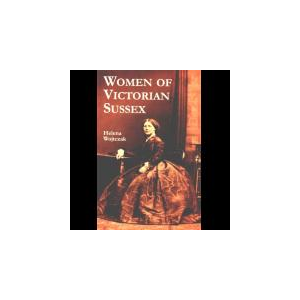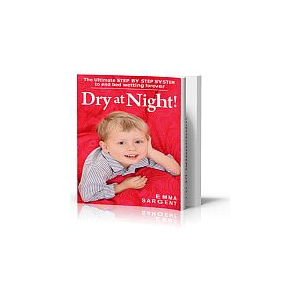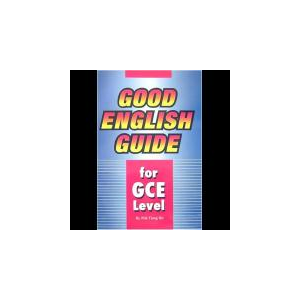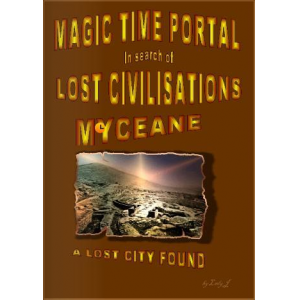The Beowulf Poet and His Real Monsters: A Trauma-Theory Reading of the Anglo-Saxon Poem
This book opens a new line of inquiry into the Old English poem, specifically trauma theory, which attempts to map the psychological typography of an author and his or her culture, that is, when the text appears to be wrought of traumatic experience. Indicators of a "trauma text" are narrative techniques often associated with postmodernism--expressly, intertextuality, repetition, a dispersed or fragmented voice, and a search for powerful language. The anonymous Beowulf poet made extensive use of all four narrative techniques, suggesting he and his culture were suffering some sort of traumatic stress. The author brings together knowledge from myriad disciplines, among them history, anthropology, sociology, biology, psychology, with special emphases on the branches of psychoanalysis and neuropsychology--and focuses his trauma-theory reading on the poem's original language.
Praise and Reviews
Praise for The Beowulf Poet and His Real Monsters . . .
“I’m delighted to have read the book, partly because your thinking about Beowulf is so compatible with my own. I’ve never read about trauma theory, trauma literature or trauma criticism, so the central concept of the book is entirely new to me. . . . Chapter after chapter, you develop ideas that remain implicit in my own work, but which I’ve never expressed as fully or as well as you do, because I never saw the connection. . . . You even help me to understand the larger shape of my career, when . . . you useGravity’s Rainbow to illustrate your point: I’ve never really understood why I’m drawn to these two works so strongly. . . . What you do is very impressive.”
– James W. Earl, University of Oregon, author of Thinking About Beowulf
“I’ve now finished your fascinating reading of Beowulf through the lens of post-modern trauma theory, and I applaud both your attempt and your achievement. The reading is well documented, provocative, and goes far in bringing our discussion of this ancient text into the realm of twenty-first century thought.”
– Robert E. Bjork, Arizona State University, director of Arizona Center for Medieval and Renaissance Studies, editor and translator of The Old English Poems of Cynewulf, and co-editor ofKlaeber’s Beowulf
From the Foreword to The Beowulf Poet and His Real Monsters: “Morrissey’s illuminating monograph demonstrates the advantages of bringing newer critical strategies to bear on the poem, especially ‘postmodern’ ones. . . . Looking at Beowulf through postmodern eyes fosters a greater appreciation of the craftsmanship and subtlety of this masterpiece. . . . I was previously unaware of trauma theory, but Morrissey argues convincingly that this branch of postmodern theory shines new light on several murky aspects of the poem, on what some readers call its disjointedness and downright weirdness. . . . Morrissey shows how other postmodern strategies illuminate the poem, and respectfully suggests these new approaches can supplement, not supplant, the more traditional philological approaches.”
– Steven Moore, author of The Novel: An Alternative History, Beginnings to 1600, and A Reader’s Guide to William Gaddis’s “The Recognitions”
From the letter announcing the D. Simon Evans Prize: “The subject has been of continuous interest to me for 60 years and I have written a small essay on the text myself. In my judgment your book is one of the most brilliant and persuasive scholarly proposals that I have ever read. . . . [W]hat you have created is of such extraordinary importance that in the long run you will be thanked and praised.”
– Herbert W. Richardson, Editor-in-Chief, Edwin Mellen Press
Related Links
Related Books
More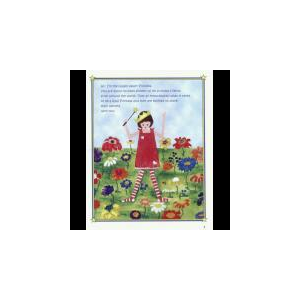
On Being a REAL Princess, Secrets of the Happy Heart Princess
Children's Books
Education & Textbooks
Family & Relationships
3k views
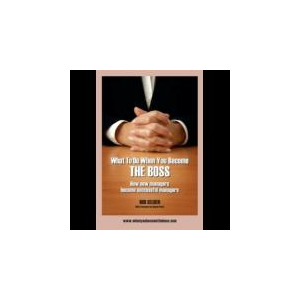
What To Do When You Become The Boss
Education & Textbooks
Business, Money & Investing
Self-Help and Personal Development
3k views
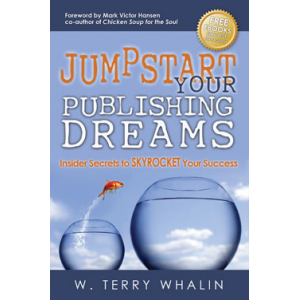
Jumpstart Your Publishing Dreams, Insider Secrets to Skyrocket Your Success
Education & Textbooks
Entertainment & Style
Self-Help and Personal Development
3k views
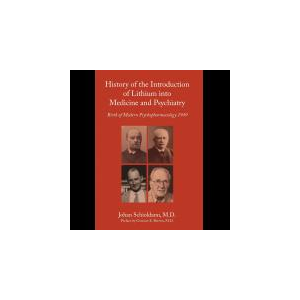
History of the Introduction of Lithium into Medicine and Psychiatry: Birth of modern psychopharmacology 1949
Biographies & Memoirs
Education & Textbooks
Reference
3k views
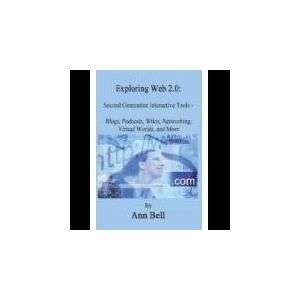
Exploring web 2.0: Second Generation Interactive Tools.
Computers & Internet
Science & Technology
Education & Textbooks
2k views
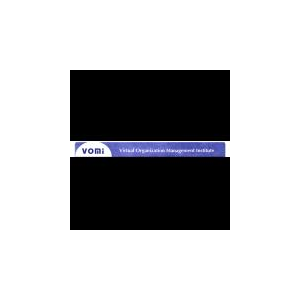
How to Virtual Organize Your Social Network
Computers & Internet
Education & Textbooks
Classics
2k views
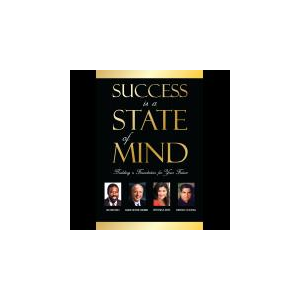
Success is a State of Mind
Biographies & Memoirs
Education & Textbooks
Entertainment & Style
2k views
![The End Times Passover [Etymological Challenges to Millenarian Doctrines]](https://d3vm9ajvvas0k9.cloudfront.net/cdn/img/meta/books/300/6b93b5a27c432f85491a6d758e88a03d.jpg)
The End Times Passover [Etymological Challenges to Millenarian Doctrines]
Education & Textbooks
Entertainment & Style
Family & Relationships
2k views
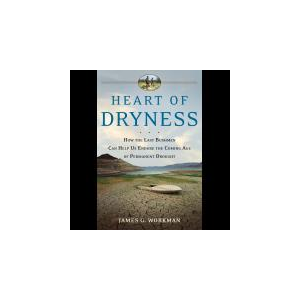
Heart of Dryness: How the Last Bushmen Can Help Us Endure the Coming Age of Permanent Drought
Education & Textbooks
Entertainment & Style
Classics
580 views

